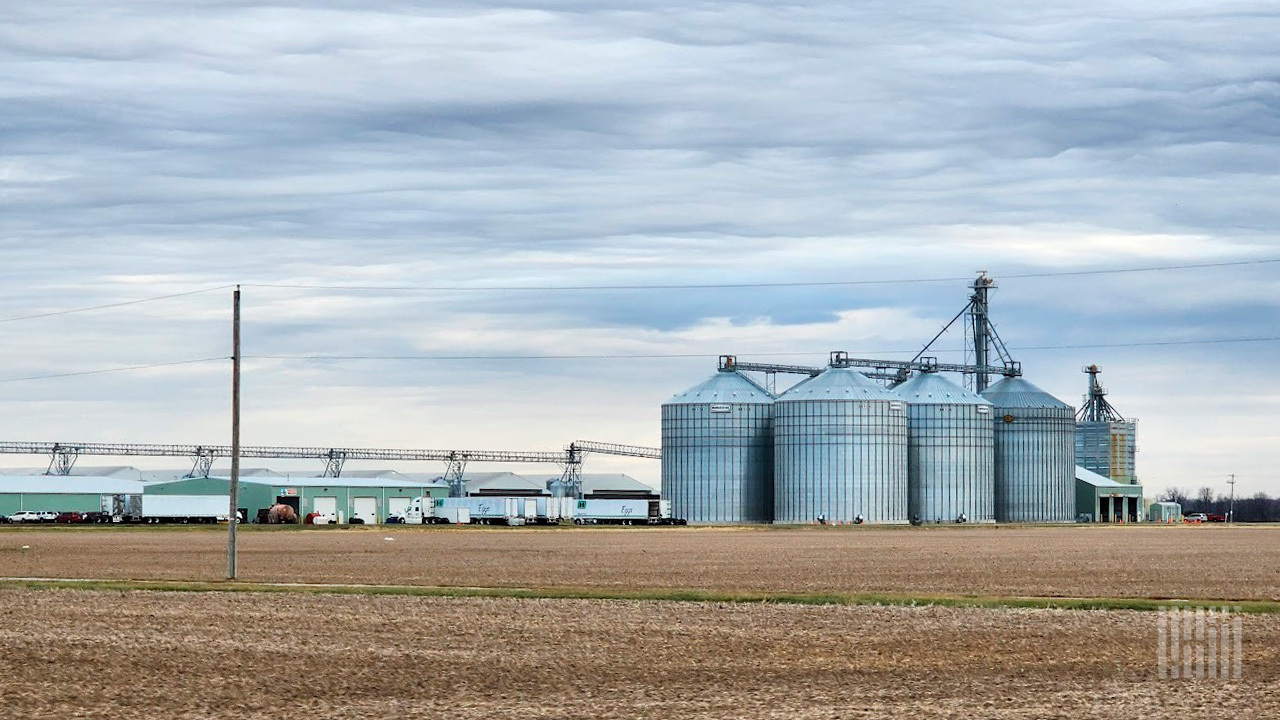Overview of the Hillandale Farms Acquisition
The recent acquisition of Hillandale Farms by a prominent Brazilian firm heralds significant changes for the US egg production landscape and its logistics framework. This transaction not only affects supply chains but also raises crucial questions about agricultural infrastructure and foreign control.
Key Highlights of the Acquisition
- Expansion of chicken transport networks between facilities
- Distribution of equipment and supply chains
- Management of waste and byproduct logistics
Foreign Influence in US Food Supply
The sale of Hillandale is part of a broader trend of foreign investments in key segments of the US food industry. For example, companies like Smithfield Foods and JBS already dominate a substantial share of American pork production. With these firms controlling nearly 40% of the US market, the implications on food security are increasingly concerning.
This acquisition is set to double the production output for Global Eggs, enabling it to forecast revenue of approximately $2 billion by 2024. As part of this move, Brazilian investment bank BTG Pactual is investing $300 million for an 11% equity stake in Global Eggs, highlighting the integration of international investment structures.
In contrast to the heavily scrutinized Smithfield deal, Hillandale’s transition has flown under the radar, receiving minimal media attention. This lack of coverage is noteworthy, especially given the current challenges in egg pricing and supply in the US market.
Challenges Facing Hillandale Farms
Hillandale has faced a series of operational hurdles that likely influenced the decision to sell:
- Avian Flu Outbreaks: Significant outbreaks resulted in the culling of about 3 million chickens at facilities in Ohio, causing disruptions and necessitating stringent biosecurity measures.
- Fires: A catastrophic fire at one of Hillandale’s Connecticut facilities led to the deaths of approximately 100,000 hens, straining existing supply chains even further.
- Facility Closures: The company permanently shuttered operations in Turner, Maine, due to soaring business costs and transportation issues, which steadily reduced output from 2.3 million birds to almost 500,000 since 2015.
These challenges have contributed to heightened wholesale egg prices, with figures soaring as high as $8.16 per dozen recently, before finally witnessing declines.
Logistical Ramifications of the Acquisition
The acquisition brings several vital implications for the freight and transportation sector:
- Cash Flow for Small Carriers: Payment terms can make or break small carriers and owner-operators. A precedent was set when Inbev’s takeover of Anheuser-Busch extended payment terms to 180 days, which sidelined smaller fleet operators unless they had solid backing.
- Increased Competition from Brazil: Following an increase of 93% in US imports of Brazilian eggs in February 2025, the acquisition raises concerns about future import strategies and how supply redirection could function during crises.
- Control of Supply Chains: The Hillandale model promotes vertical integration, giving Brazilian owners substantial control over egg production, transportation systems, feed distribution, and logistics channels.
- Regulatory and Oversight Changes: Hillandale operates numerous USDOT numbers across states, with transportation segments ultimately now accountable to foreign ownership. This raises questions about regulatory compliance and domestic operational control.
Freight Data Context in the Egg Industry
The egg sector importantly influences agricultural freight dynamics. Industry predictions suggest total truck tonnage could rise from 11.27 billion tons in 2024 to 13.99 billion tons by 2035. Moreover, maintaining agricultural freight, including eggs, comes with a cost – in particular, owner-operators face an average annual maintenance cost of $14,000.
Reality of Egg Brand Production
Interestingly, many well-known organic and cage-free egg brands actually source products from the same large producers. Differences typically hinge on factors such as feed quality and living conditions rather than distinct operational entities. Many store brands nestle alongside premium organic egg products, showcasing price disparities that can range from four to five times in some stores.
Industry analysis indicates that Hillandale brands itself as “an industrialized organic player focused more on profit margins than organic principles,” providing limited outdoor access rather than genuine pasture systems. This leads to questions about whether the new Brazilian owners will uphold current animal welfare standards.
Concentration and Control in the Egg Market
This acquisition dramatically enhances Global Eggs’ positioning within the international arena, giving it a foothold across North America, South America, and Europe. Plans for a potential IPO on the New York Stock Exchange have also emerged, signifying a strategic growth push.
Meanwhile, the scrutiny of America’s leading egg producers continues, with investigations probing into allegations of illegal price-fixing. With wholesale egg prices experiencing a staggering 255% rise, the combination of challenges poses serious questions surrounding supply dictate.
The transfer of Hillandale to foreign control signifies more than a standard corporate transaction. It symbolizes a notable shift in control over critical American food infrastructure with vast ramifications for supply chains, freight networks, and food touchstones. Monitoring the repercussions of these ownership transitions on routing, pricing, and supply sustainability becomes imperative for the logistics sector.
Lastly, while this acquisition may not be the most publicized, the implications on food logistics and security remain undeniably significant.
Conclusion
The acquisition of Hillandale Farms by Brazilian investors signifies a seismic shift in the US egg production and logistics landscape. As agricultural freight systems adjust to these developments, the importance of reliable supply chains has never been more apparent. With GetTransport.com offering affordable global freight solutions, users can navigate these changes confidently, ensuring smooth and cost-effective logistics for their transportation needs.
Ultimately, even the most thorough reviews can’t substitute for personal experience. Ordering cargo transportation at competitive prices through GetTransport.com empowers intel over decisions without unnecessary costs. For every logistics need, consider the vast options and reliability offered through GetTransport.com. Book your ride today!

